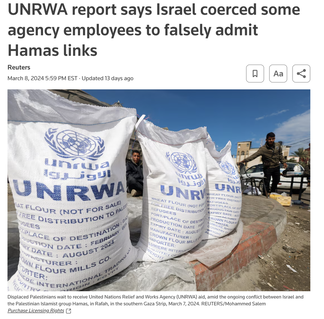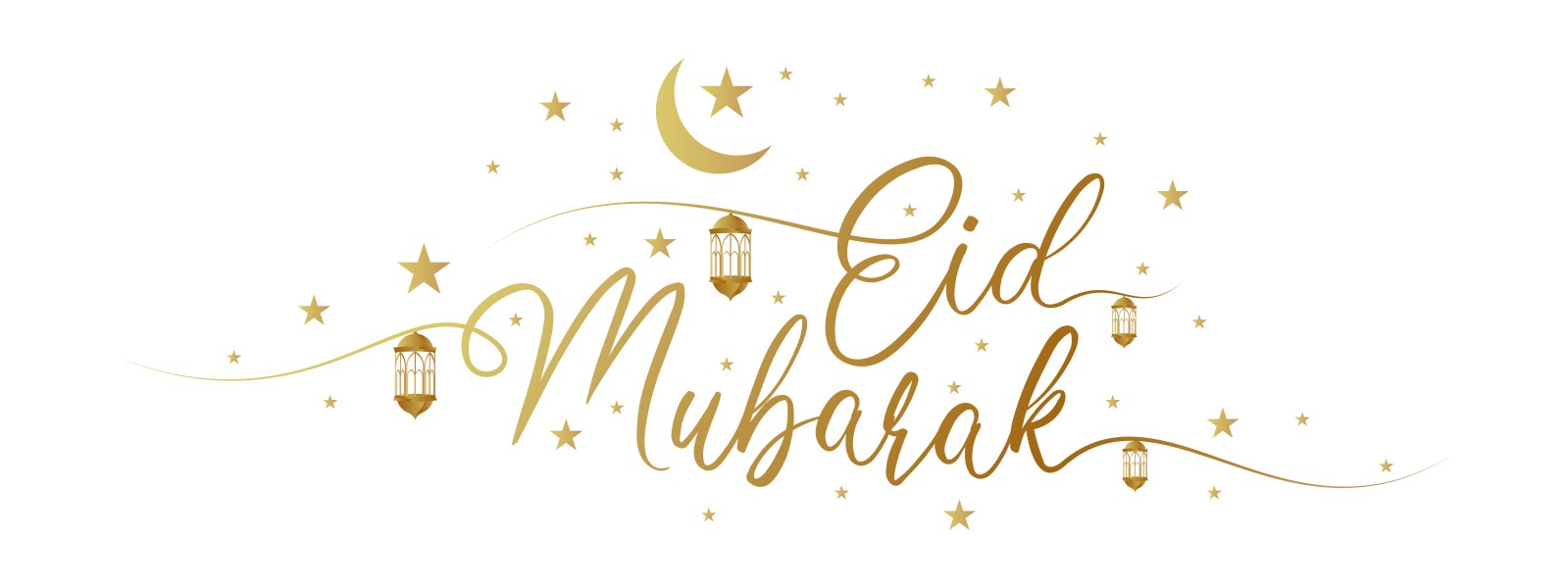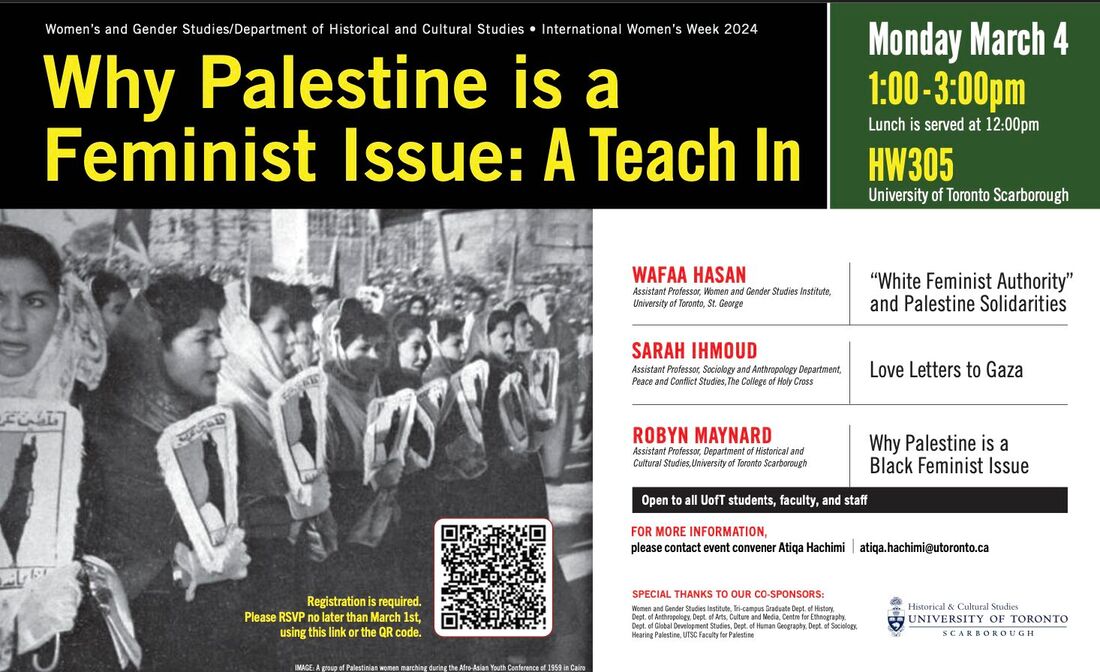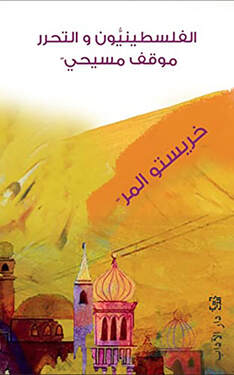|
Christo El Morr – Wednesday, April 10, 2024
Those words filled the child with beauty when he was little. Strange words, beautiful words in a beautiful melody. Words you are reading now can convey neither the music that emanates from the voice nor the waves of beauty on which the words swing like a boat. Those waves were flooding the child sleeping on the shoulder of the sea in the small sleeping city in the eastern Mediterranean. And the words, those strange words, were not important in the ear of the child, who understood nothing of the world around him except school companions, play, beauty, and pain. What was important to him was the beauty of that wave, which in those moments took him to a beautiful space that he could observe in the quiet morning and evening, while he was asleep or awake, 5 times a day. He certainly didn't notice the beauty five times a day; he probably noticed it two or three times, and he rarely noticed it at dawn even though his dreams – as he says, enchanted – drank from that stream of beauty while he slept. At dawn, when he grew up, a meaning came out before his eyes: "prayer is better than sleep." For some reason, he felt those words say, "prayer is sweeter than sleep." But the sweetness was more intense on Eid. He eagerly used to wait for Eid (Fitr) to see the butterflies of Eid's prayers flying around him when he woke up to joy. The boy wakes up. The chants run from the only mosque he knew, who, like him, was sleeping on the shoulder of the sea. He did not know the name of the mosque; he did not care that it was the name of Abu Bakr al-Siddiq. Later, the boy knew that Abu Bakr was one of the few who walked with the Prophet, with the only one whom people in his neighborhood and in every neighborhood called "the Prophet." The neighborhoods were colored with religions in the minds of adults; the boy did not see those colors as the neighborhoods do not change their shape nor do walls change their color, and he only noticed the colors of what noticed him first: poverty, poverty that ate the walls of the small neighborhoods of the small city. The boy also noticed the faces, and people do not change their faces, sighs, joys, or hopes if they belong, by chance, to one religion or another. That’s why he saw the faces as faces; later, he saw one face behind the faces. Eid prayers were not the only beauty that flowed from the minaret of Abu Bakr’s Mosque to the streets of the old neighborhoods. There was also Sheikh Abdul Basit Abdul Samad, a gigantic voice of a reader of the Qur'an. The boy, who had become a young man, felt that Abdul Basit was a resident of his city - the center of the world for the child he embraced. Later, as he was writing a book, he discovered that Abdel Basit was from Egypt, but Abdul Basit's voice remained above cities and times. The time when he discovered Abdul Basit Abdul Samad was the time of shared taxis (an Uber-like service void of exploitation). He was then a young university student exploring life through the eyes of a child, or the heart of a child tracking the traces of an inner voice that reverberates within every beauty. During the taxi trips to university, he used to listen with his friends to Abdul Basit’s enormous voice, the voice that people shared in the taxi as they shared the local cake with Summak they bought from the street; they shared the voice like they shared everything else in his neighborhood, from onion to coffee to sugar to salt and bread. When Amina used to discover that she was missing some materials to complete her cooking, she would go out of the open door of their house to the open door of the neighbor's house facing hers; she used to call out to Zeina, her neighbor, and ask for an onion, salt or something else; sometimes she used to walk to Louisa’s gentle house next door. Zeina's voice preceded her coming out from the inside with Amina's needed ingredient in her hand. Zeina, Louisa, Mary, or any other neighbor would do the same thing at another time when one of them forgets one of the ingredients in her cooking or when the ingredient forgets her, as the city's neighborhoods have never seen the gold of the “golden days” the middle class remembers in nostalgia. I'm not sure if the neighbors thank each other, and the boy doesn't remember hearing them thank each other at all, and certainly, they didn’t give back what they borrowed for cooking; the concept was alien to them. They just borrowed, and that’s it. They never felt they owed a "favor" to each other in those mysterious neighborhoods. People of those neighborhoods lived, exchanged, and helped each other, as everyone else in the Eastern Mediterranean (and elsewhere) does. As simple as that. Back to Abdul Basit Abdul Samad, whom the young man and his friends listened to while in the taxi. Abdul Basit used to open the wings of his voice and fly, flying high to mountains the young man had never seen before, except with Dimitri Coutya, the choir leader in the church of his neighborhood, as he once told me. During the recitation, when the eagle in the voice of Abdul Basit reaches a high altitude, it rests at the rock of silence for a few seconds. Then, it begins a new ascent to new heights again before suddenly descending into a bottomless valley. We flew with Abdul Samad, and we're still flying. He gave us wings that do not wither, opening the door of beauty to the horizon of ecstasy. The listeners were almost teary in front of the luminous waves appearing behind a human voice, behind the human longing to an infinity lurking behind Abdul Basit's voice, to a beauty that seeps from the human face, from the voice, from silence, from speech, from the living, from newness and oldness, from everything in which love kindled, from everything that knew the thirst for the deepest and highest.
“Undoubtedly, there is a real threat of antisemitism, and as ever it comes largely from the far right. Israel’s actions – and its false claim to be representing all Jews – only help to stoke it.
This moral panic is transparently self-serving. It directs our attention away from the pressing, all-too-concrete evidence that Israel is committing a genocide in Gaza - one that has slaughtered and maimed many tens of thousands of innocents. It redirects our attention instead towards tenuous claims of a deepening antisemitism crisis, one whose tangible effects appear limited and for which the evidence is all too clearly exaggerated. After all, a rise in ‘Jew hatred’ is all but inevitable if you redefine antisemitism, as western officials have recently done via the International Holocaust Remembrance Alliance’s new definition, to include antipathy towards Israel - and at the moment when Israel appears, even to the World Court, to be carrying out a genocide.” https://www.middleeasteye.net/opinion/war-gaza-fight-against-antisemitism-shield-israel-genocide  More israeli lies and torture "Agency staff members have been subject to threats and coercion by the Israeli authorities while in detention, and pressured to make false statements against the Agency, including that the Agency has affiliations with Hamas and that UNRWA staff members took part in the 7 October 2023 atrocities,” the report says...."ill-treatment and abuse they said they had experienced included severe physical beatings, waterboarding, and threats of harm to family members." UNRWA report says Israel coerced some agency employees to falsely admit Hamas links Historian Elan Pape (he israeli and Jewish, if you are interested in his background): it is worse than the 1948 ethnic cleansing “I saw in Auschwitz that if a dominant group wants to dehumanize others, as the Nazis dehumanize me, the dominant group must first dehumanize themselves, the same holds nowadays for Israel. I am appalled about how hateful, how dehumanized, that they do not see any human aspect in any Palestinian anymore. The Zionists have no right whatsoever to use the Holocaust for any purpose, they have given up everything which has to do with humanity and with empathy” "Israeli military intensifies destruction operations in occupied West Bank. Israeli bulldozers entered Jenin refugee camp and demolished a number of roads and infrastructure. This has been described as a punitive measure that has intensified since October 7, 2023, and is deliberately employed by the Israeli occupation to cause disruption to residents' daily lives. It appears that even the roads in Gaza and the West Bank are a threat to Israel's fragile existence."  A group of dedicated Canadian academics has now formalized the launch of the initiative: Palestinian Students & Scholars At Risk (hashtag#PSSAR) https://pssar.ca The initiative serves to match highly qualified candidates with academics in Canadian universities. The emphasis is on Palestinian students in Gaza who are under imminent danger and whose future in Gaza has been destroyed, along with the destruction of all 5 universities in Gaza. 𝐇𝐨𝐰 𝐘𝐨𝐮 𝐂𝐚𝐧 𝐇𝐞𝐥𝐩: For hashtag#Canadian Professors: Please sign up here: https://lnkd.in/e3QUhM52 By completing the form, you will be sent candidates in your domain and we will facilitate communication with the student and help the student with the admission process at your university. For hashtag#Gazan Students, please complete the form here: https://lnkd.in/ec--tyj7 We're counting on the support of academics, institutions and industry partners to spread the word and help us expand this initiative. https://pssar.ca/ |
IF YOU KEEP RATIONALIZING ABUSE OF HUMAN RIGHTS, THIS SITE IS NOT FOR YOU
In GAZA A Genocide is Underway. Silence is complicity Christo El MorrI believe in My latest theology book :
Palestinian Liberation A Theological Approach (Ar) Free E-BookArchives
April 2024
Categories |




 RSS Feed
RSS Feed